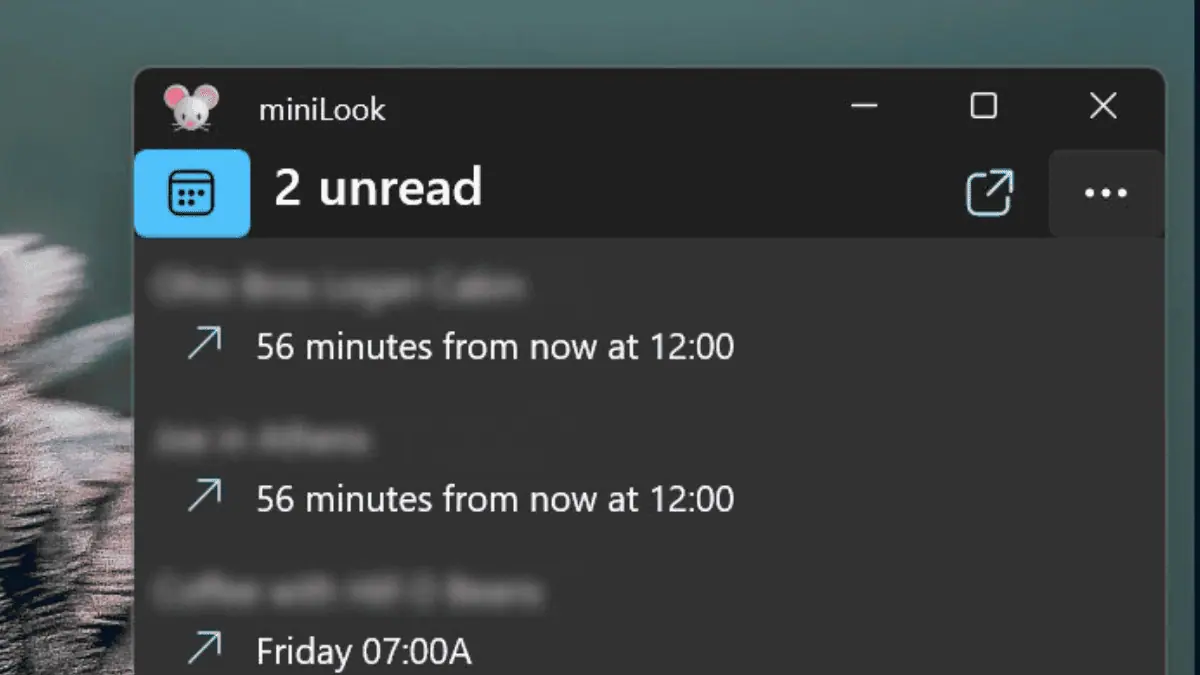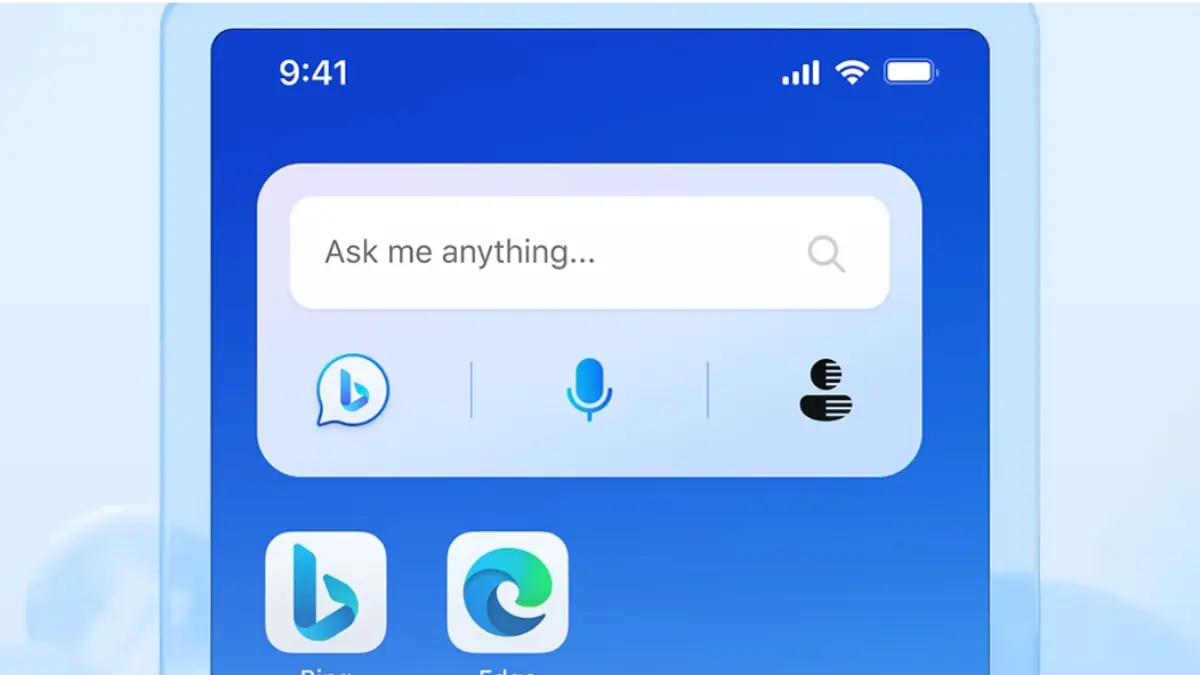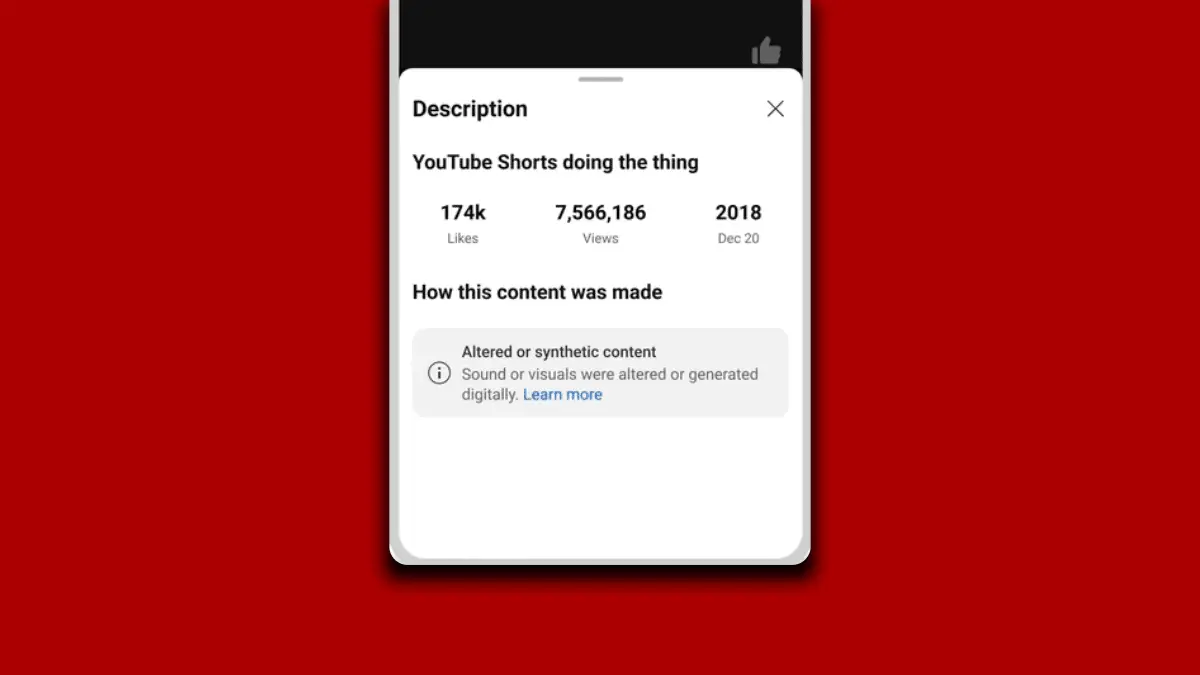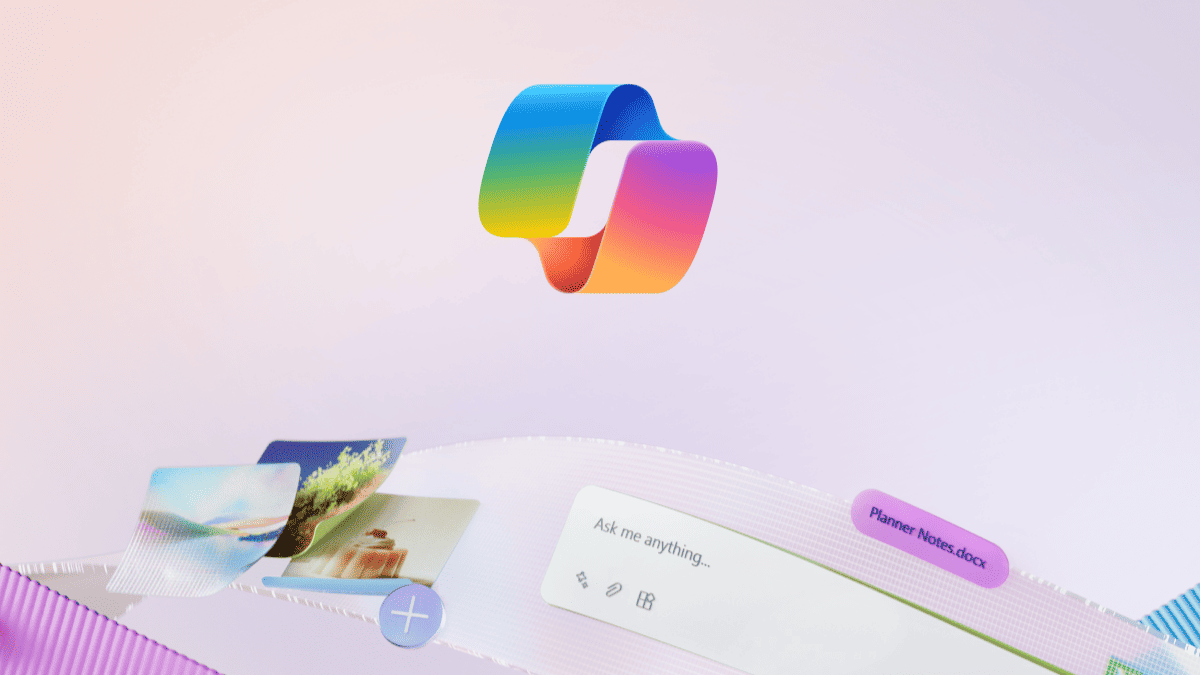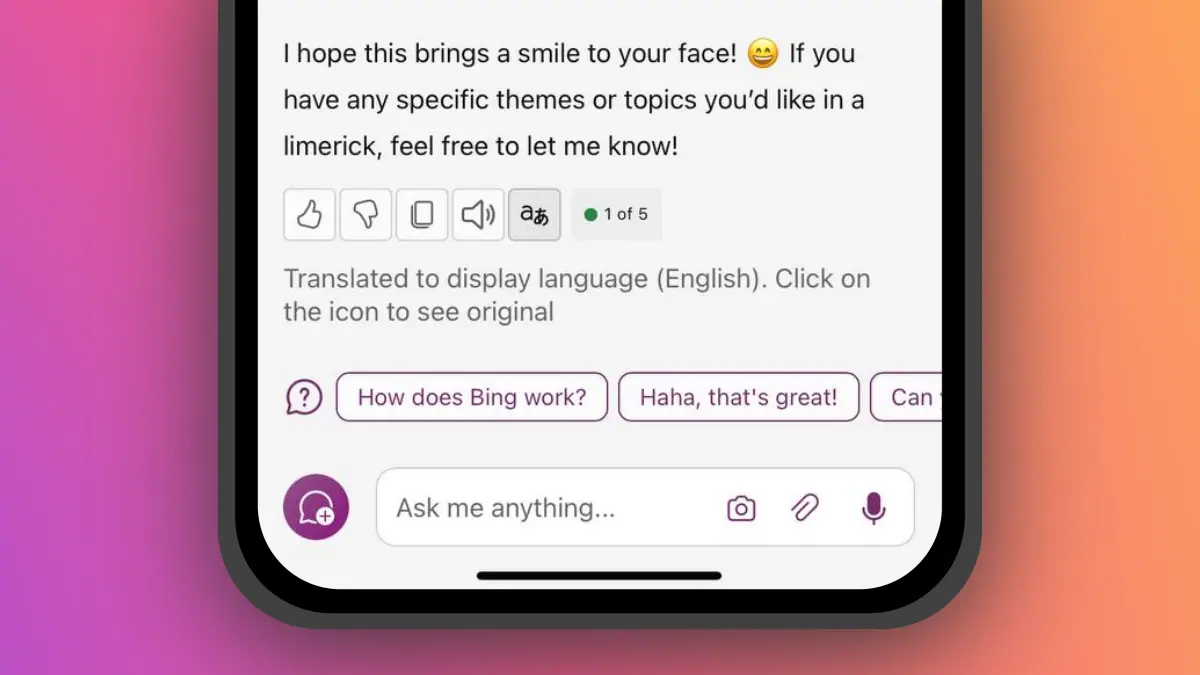Apple addresses parental control app removal controversy
3 min. read
Published on
Read our disclosure page to find out how can you help MSPoweruser sustain the editorial team Read more

Over the weekend, Apple’s App Store was mired in controversy once more. As per a report by the New York Times, the firm had started pulling and blocking apps that allowed users to controls screentime management in their apps.
“Over the past year, Apple has removed or restricted at least 11 of the 17 most downloaded screen-time and parental-control apps, according to an analysis by The New York Times and Sensor Tower, an app-data firm. Apple has also clamped down on a number of lesser-known apps,” The Times reported this weekend.
This was speculated to be due to Apple’s own Digital Wellbeing service competing with these apps. Since iOS 12, Apple has shipped its iPhones with tools that allowed users to curb their own screentime usage. Some of the app developers believed they were being punished because of that.
While Apple initially gave a statement to the New York Times, explaining its removal were due to policy, the firm posted a much longer rebuttal of the Times report on Sunday.
We recently removed several parental control apps from the App Store, and we did it for a simple reason: they put users’ privacy and security at risk. It’s important to understand why and how this happened.
Over the last year, we became aware that several of these parental control apps were using a highly invasive technology called Mobile Device Management, or MDM. MDM gives a third party control and access over a device and its most sensitive information including user location, app use, email accounts, camera permissions, and browsing history. We started exploring this use of MDM by non-enterprise developers back in early 2017 and updated our guidelines based on that work in mid-2017.[…]
Parents shouldn’t have to trade their fears of their children’s device usage for risks to privacy and security, and the App Store should not be a platform to force this choice. No one, except you, should have unrestricted access to manage your child’s device. When we found out about these guideline violations, we communicated these violations to the app developers, giving them 30 days to submit an updated app to avoid availability interruption in the App Store. Several developers released updates to bring their apps in line with these policies. Those that didn’t were removed from the App Store.
Apple is generally not in the habit of responding to reports, though it has done so a few times in recent months like in the cases of Bloomberg and Spotify. Whether you believe their presentation of the facts over the developers’ is another matter entirely.
Source: New York Times, Apple Newsroom


